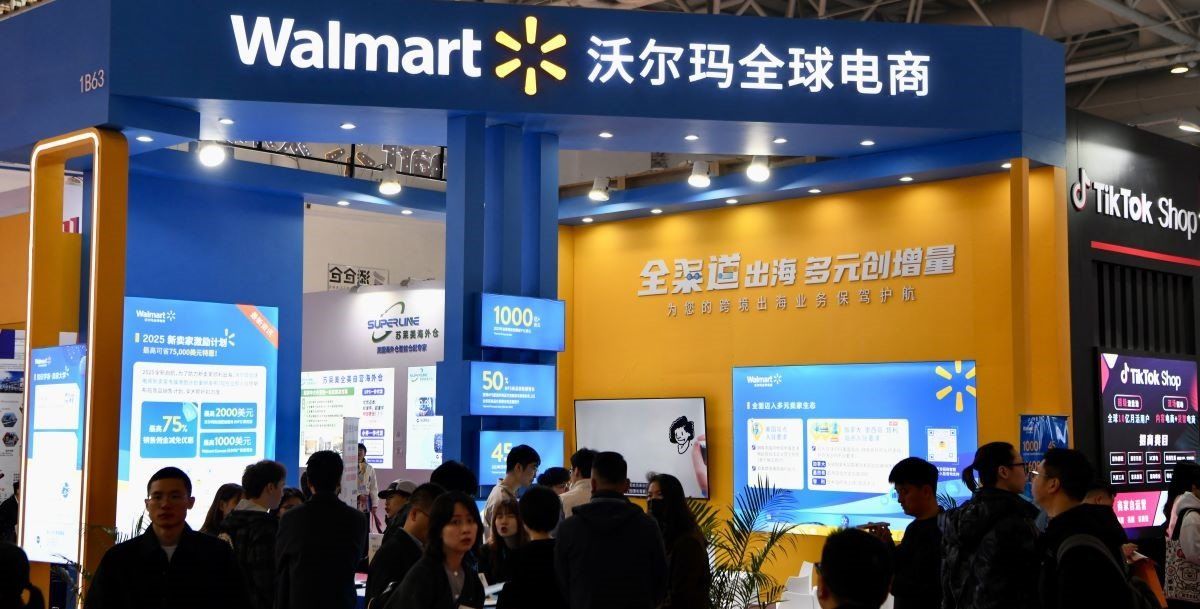“Save money, live better” may be Walmart’s promise to consumers, but US President
Donald Trump’s tariffs are making it hard to fulfill. The imposition of additional 20% levies on imports from China as of March 4
escalated costs for the retail giant, which sources a fifth of its products there. Walmart and fellow retailer Target have both asked Chinese suppliers to absorb the levies, but
many are refusing, meaning they could be passed along to American consumers.
The Chinese government is also applying pressure,warning earlier this month that demands for discounts could violate contracts and threaten trade relationships. Walmart hasa strong retail presence in China, with sales rising 16% to $17 billion last year, that it doesn’t want to jeopardize. And China also has other cards to play against tariffs: Chinese Premier Li Qiangreportedly signed a State Council decree, effective Monday, to enforce its2021 anti-foreign sanctions law, enabling retaliation against foreign entities through bans, asset freezes, and trade restrictions.
Who could benefit from a trade dropoff with China? First in line: India.Milan Vaishnav, director of the South Asia program at the Carnegie Endowment for International Peace, told NPR that “Prime Minister [Narendra] Modi's big bet is that as more and more companies are seeking to exit China … India is poised to play in a very big way.” Potential winners also includeVietnam and Indonesia: Toy manufacturer Bratz, maker of popular fashion dolls, announced it would relocate factories to the three countries last week.
